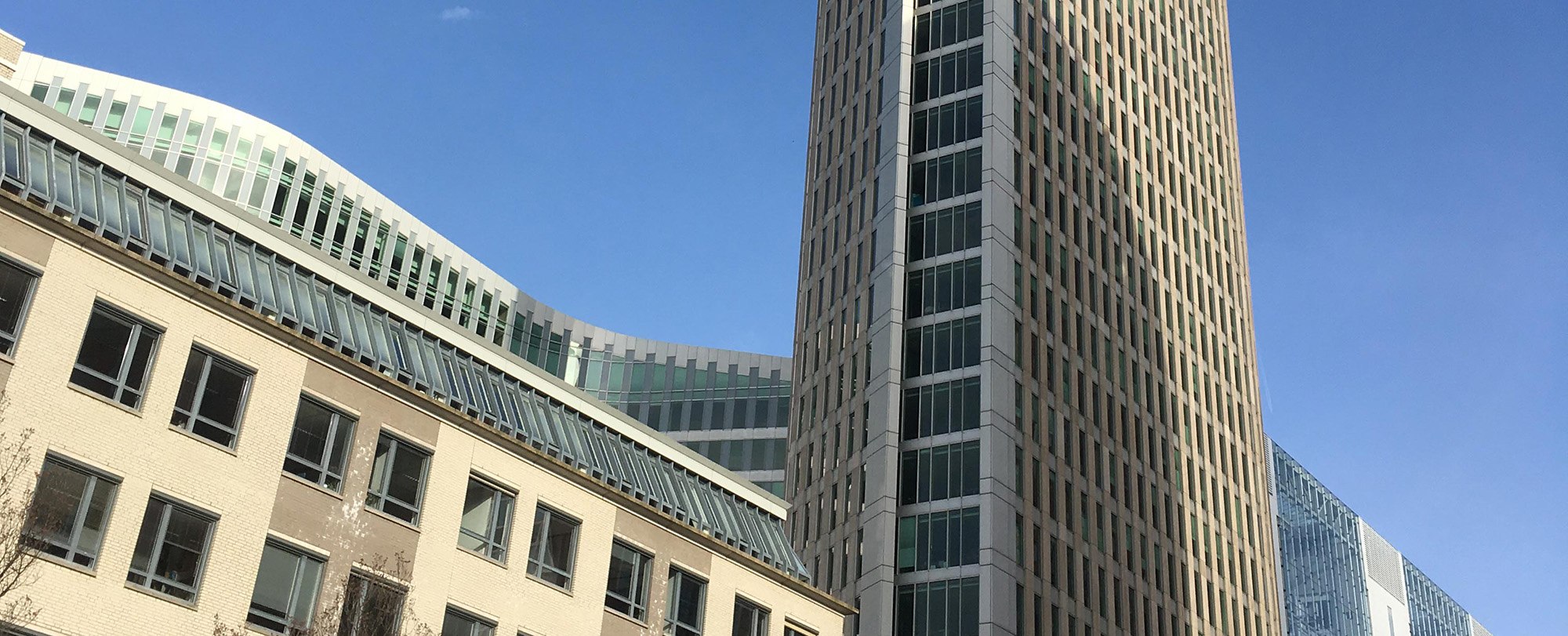What to know before renting out your house
If you own a home in the Netherlands and plan to rent it out, there are certain things you should be aware of. Here are some of the key considerations.
This post was reviewed and updated on 28 August 2020
Contract length
A rental contract can be for a fixed or indefinite term. If the tenant stays in the house (with approval of the landlord) after the end of the fixed term, the rental contract is automatically converted in a contract for an indefinite period.
Maintenance
As a landlord, you should be aware of the obligations you have regarding maintenance of the property and what you can expect the tenant to take responsibility for.
A general rule is that the landlord is in charge of fixing large defects. Large defects would include leakage or painting the outside of the house. The tenant is responsible for the smaller defects, such as the replacement of a light bulb, painting inside or maintenance of the garden.
Changes to the house
It is unlawful for the tenant to make any changes in and around the house, unless he or she has permission from the landlord. This means that a tenant has the obligation to undo any changes (that he or she made without permission) before leaving the house.
Right to inspect
In certain situations, a landlord can be held responsible for the behaviour of the tenant, such as if the tenant is involved in illegal drug trade. This means the landlord (or a delegate) should pay attention to what is going on in the house. However, the law forbids the landlord to access the house without an announcement. The landlord needs to announce the visit in advance, preferably in writing. It is advisable for landlords to include the right to access the house in the rental contract as well.
Termination
The landlord cannot terminate a fixed-term contract before the end of the agreed upon term. This also applies for the tenant unless the contract is less than two years (independent accommodation) or less than five years (shared housing). An indefinite contract can be terminated at any time as long as the landlord or the tenant obtain the right notice period. However, while the tenant does not need a reason to terminate, the landlord does. Dutch law states that there are five reasons for which a landlord can terminate a contract, thus limiting the reasons with which a landlord can end a lease.
However, since 2016 there is an exception to these strict rules. If a fixed-term contract is less than two years (independent accommodation) or less than five years (shared housing), the landlord can terminate the contract at the end of the fixed term without being bound to the reasons stated in the law. Under these rules, it is easier for the landlord to terminate a lease but he/she is still obliged to give the tenant notice. Note that these are general rules and individual leases may specify different requirements.
Inspection
The tenant has the obligation to leave the house in the same state it was in at the beginning of the rental contract. The landlord can withhold compensation for damage or missing items from the rental deposit, except when it’s due to normal wear and tear. The landlord must have have proof indicating the condition of the house. This proof normally comes in the form of photos taken at the beginning of the lease.
It is advisable for landlords to do an inspection with tenants at the beginning and the end of the rental contract. This is important because the landlord must have proof of the condition of the house in order to be compensated for damages.
Questions? More information?
These are just some of the things you should know before renting out a house in the Netherlands. Rental contracts and landlord-tenancy law are complicated and can have long-ranging consequences.
Would you have any more questions regarding leasing of property or other aspects of tenancy law, please do not hesitate to contact us.


